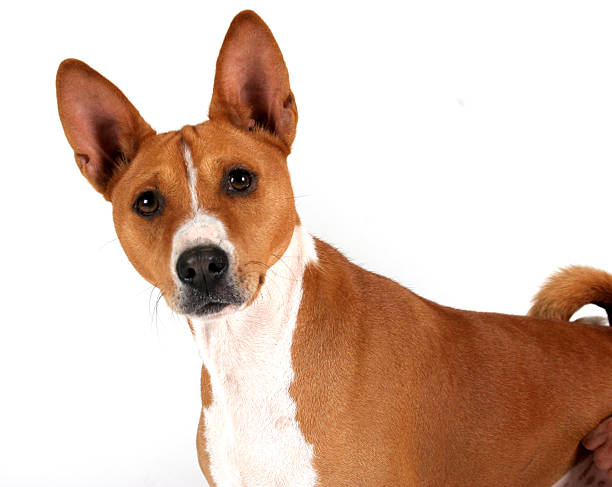Welcoming a Basenji puppy into your home is an exciting and joyful experience. These adorable pups bring a lot of energy and enthusiasm, but they can also exhibit biting behavior during their early stages of development. Biting is a natural behavior for puppies, but it’s crucial to guide them towards appropriate behavior. In this article, we’ll explore effective techniques to train your Basenji puppy not to bite, ensuring a harmonious relationship between you and your furry friend.
1.Understanding the Biting Behavior
Natural Instinct: Puppies, including Basenjis, use their mouths to explore the world around them. Biting is a normal part of their development as they learn about textures and objects.
Teething Stage: Basenji puppies, like all pups, go through a teething phase that can be uncomfortable for them. Biting helps alleviate their discomfort, but it’s essential to direct their chewing behavior appropriately.
Social Interaction: Puppies use biting during play to establish their hierarchy within the litter. When they come to their new home, they might carry this behavior over.
2.Positive Reinforcement Training
Redirect Attention: Whenever your Basenji puppy starts to bite, gently redirect their attention to a chew toy or appropriate object. This teaches them what’s acceptable to bite.
Reward Good Behavior: Praise and reward your puppy when they choose not to bite. Positive reinforcement, such as treats and affection, reinforces the idea that not biting is a desirable behavior.
Consistency: Consistency is key in training. Make sure everyone in the household uses the same techniques and cues to avoid confusion for your puppy.
3.Teaching Bite Inhibition
Soft Biting: Allow your Basenji puppy to engage in soft, controlled biting during play. If they bite too hard, let out a high-pitched yelp to mimic how their littermates would react. This teaches them to be gentle.
Time-Outs: If your puppy continues to bite after the yelp, gently remove yourself from their presence for a short time. This shows them that biting leads to a cessation of play.
Gradual Progress: As your puppy learns, they’ll begin to bite more gently. Encourage this progression by rewarding their softer bites and continuing to redirect their attention.
4. Proper Socialization
Expose to Various Situations: Socialize your Basenji puppy with various people, animals, and environments from a young age. This helps them become comfortable and less anxious, reducing the likelihood of biting due to fear.
Puppy Classes: Enroll your Basenji in puppy training classes. These classes provide controlled environments where they can interact with other puppies and people, helping them learn appropriate play behaviors.
Supervised Playdates: Arrange playdates with well-behaved adult dogs that can help teach your puppy bite inhibition and appropriate play manners.
5. Seeking Professional Guidance
Consult a Trainer: If your Basenji puppy’s biting behavior is persistent or aggressive, consider seeking professional help from a certified dog trainer. They can assess the situation and provide personalized guidance.
Veterinarian Consultation: Sometimes, biting can be a result of discomfort or medical issues. Consult your veterinarian to rule out any underlying health problems.
Patience and Time: Remember that training takes time and patience. Be understanding of your Basenji puppy’s learning curve and celebrate their progress along the way.
Conclusion:
Training a Basenji puppy not to bite requires a combination of understanding their natural behaviors, consistent training techniques, and patience. By following the steps outlined in this article, you can create a positive and respectful relationship with your furry companion.


